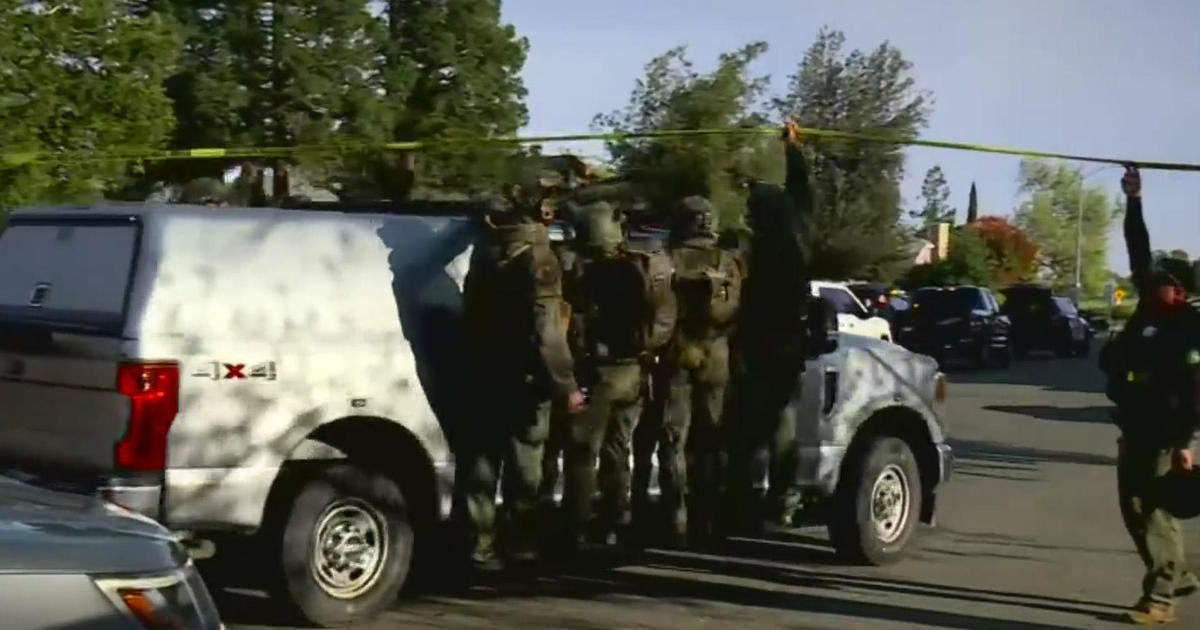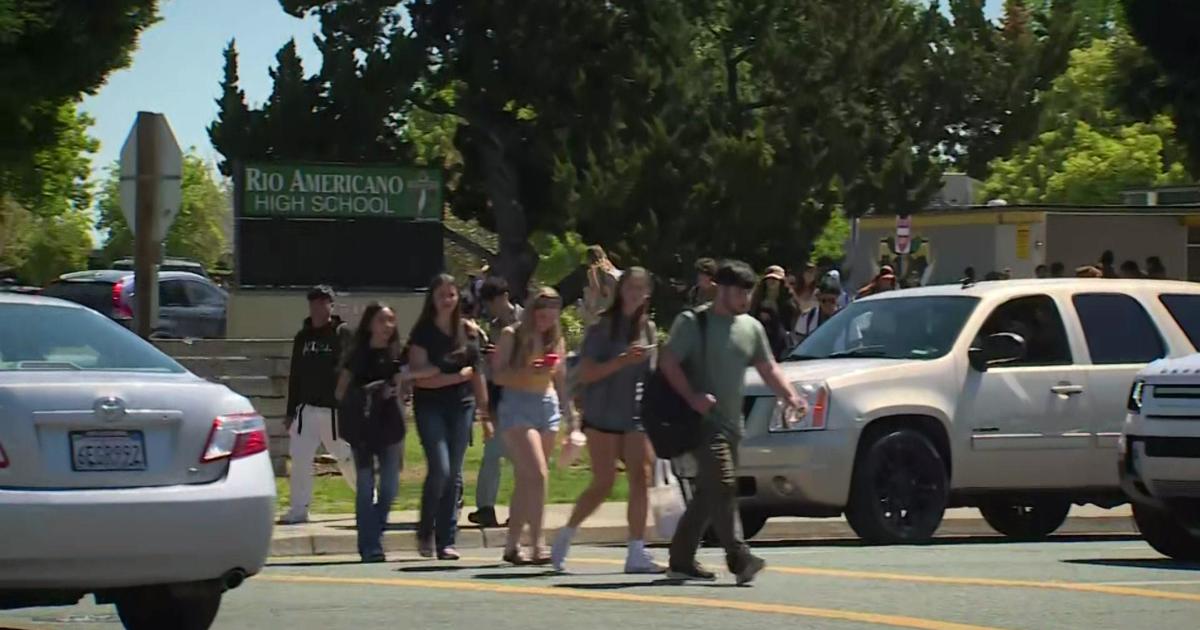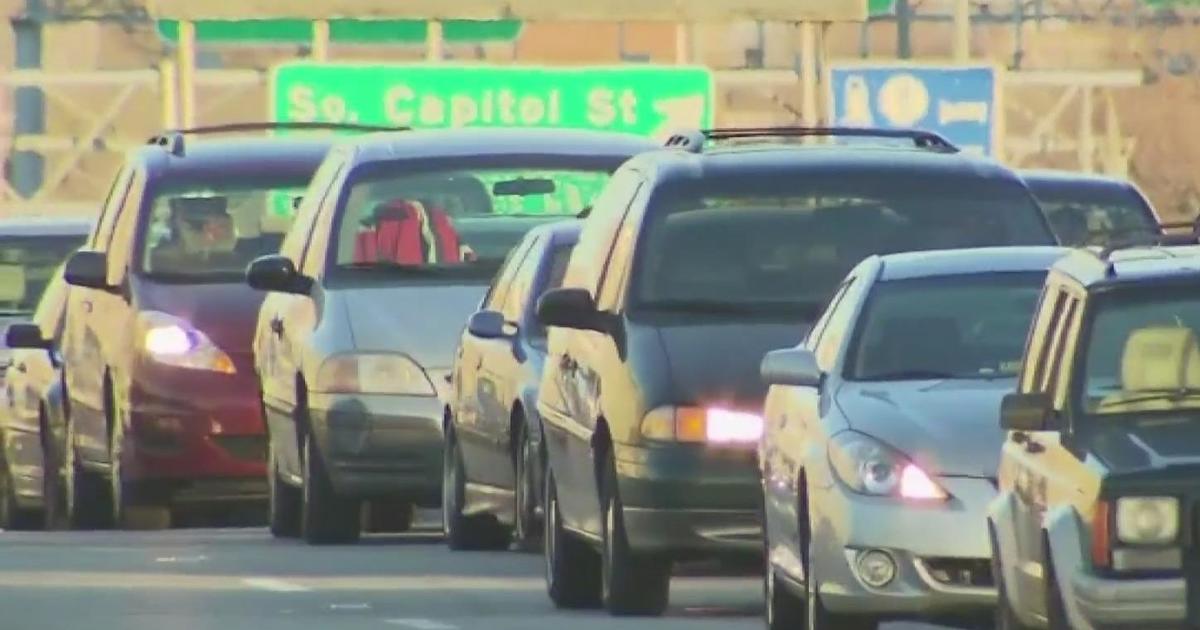Car Clones Could Leave Drivers Stranded With No Vehicle Or Money
PLACERVILLE (CBS13) — You spend thousands of dollars on what you think is a quality used car, only to find out it's been stolen.
The California Highway Patrol says it's a growing crime across the state that typically starts with a fraudulent vehicle identification number and a deal that sounds too good to be true.
The car clones are stolen rides that look perfectly legitimate.
"They'll take a car that has a registration in another state and they'll use that VIN number and mate it to a different car that's here in California," said CHP officer Derek King.
It's not just a common crime, it's complicated and costly. King says he sees it all the time with salvaged vehicles in Sacramento.
"This is a a Lexus airbag here," he said. This airbag was already deployed. It's all burned up, already deployed. It was glued back together and put back in the car."
That's why Kings believes a little bit of homework can go a long way.
"You can simply take the VIN number and Google it and that will provide a lot of information. It could possibly even provide pictures of when it was sold at auction," he said.
Other ways to steer clear of trouble include checking the VIN plate on the dashboard for scratches or evidence of tampering, making sure the seller's name, VIN address and city match on the title, registration and insurance paperwork, and paying close attention to the price tag.
"If the deal sounds too good to be true, it probably is. That is key. I mean, if you're looking at a $20,000 car and it's only $20,000, there's got to be an issue there," he said.
But what happens to the buyer of a stolen car? Not only will the car be confiscated, but the driver will also be left holding the bag financially.
"It doesn't matter that you got a good deal on it," he said. "That $10,000 you spent on it is gone."



